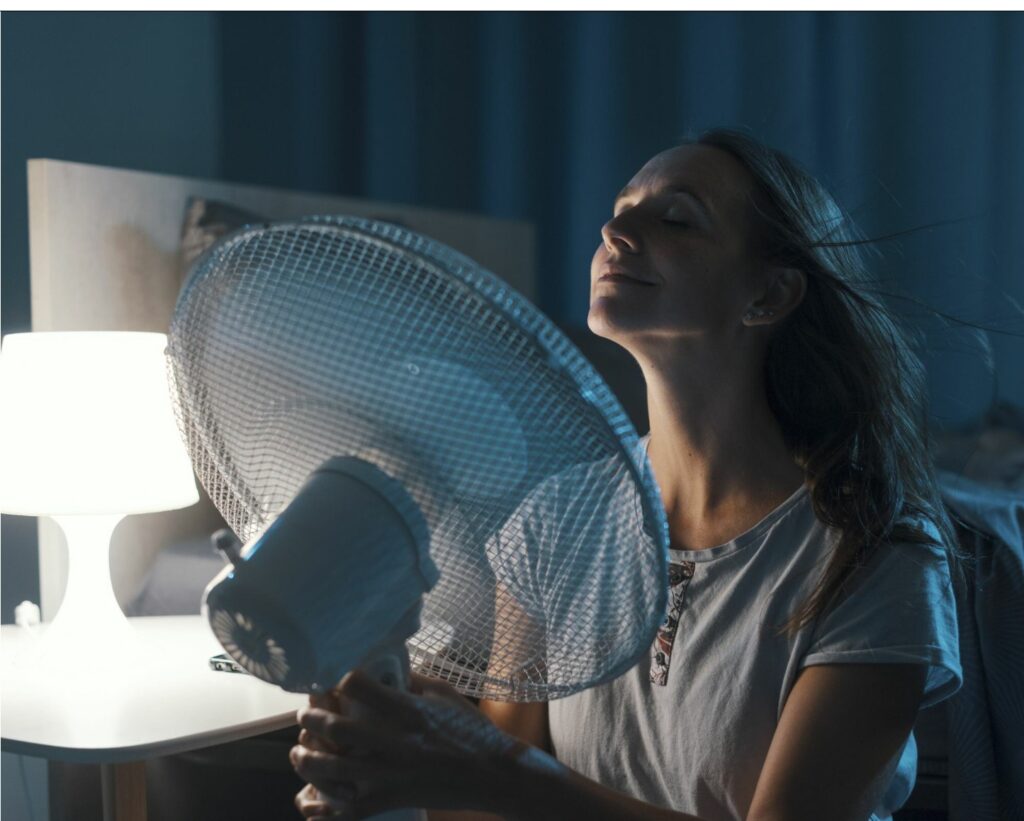
We spend about a third of our lives in bed — but how often are you actually washing the sheets and pillowcases you sleep on every night?
If you’re not sure, you’re not alone. Many people go longer than they should between washes. The truth is, your bed can collect sweat, skin oils, dirt, dead skin cells, and even dust mites — all of which build up quickly.
So how often should you wash your bedding? Let’s break it down.
The Short Answer
You should wash your sheets and pillowcases once a week.
This is the standard recommendation from most dermatologists, allergists, and sleep hygiene experts.
Why Weekly Washing Is Important
1. Skin Health
Dirty pillowcases and sheets can clog pores and trigger acne, especially if you have sensitive or oily skin. Bacteria, makeup residue, and oil from your face and hair build up fast.
2. Allergen Control
Sheets collect dust mites, pollen, pet dander, and other allergens. Washing them regularly helps reduce allergy symptoms like sneezing, congestion, and itchy eyes.
3. Better Sleep
Fresh bedding can actually help you sleep better. Clean sheets feel more comfortable, smell better, and create a more inviting sleep environment.
4. Hygiene and Odor
Even if you shower before bed, your sheets still absorb sweat, dead skin cells, and body oils. Over time, this can lead to musty odors and bacteria buildup.

How Often to Wash Other Bedding Items
| Item | Recommended Frequency |
|---|---|
| Sheets | Every 7 days |
| Pillowcases | Every 3–7 days |
| Blankets | Every 2–3 weeks |
| Comforters/Duvets (with cover) | Every 1–2 months |
| Duvet Covers | Every 2 weeks |
| Mattress Protectors | Every 1–2 months |
| Pillows | Every 3–6 months (check care label) |
Exceptions: When You Might Need to Wash More Often
You should wash sheets and pillowcases more frequently if:
- You sweat a lot at night or sleep hot
- You sleep nude
- You have allergies, eczema, or acne-prone skin
- You eat or drink in bed
- Your pet sleeps in bed with you
- Someone in your household is sick
In these cases, washing every 3–4 days can help keep your bed cleaner and healthier.
Pro Tips for Washing Bedding Properly
- Use hot water (130–140°F / 54–60°C) if the care label allows. It kills bacteria and dust mites more effectively.
- Choose fragrance-free detergent if you have sensitive skin or allergies.
- Avoid fabric softeners on sheets—they can leave residue and reduce breathability.
- Dry thoroughly to prevent mildew. Consider line-drying for natural freshness.
- Wash separately from towels or clothes to protect the fabric and avoid overloading the machine.
What About Pillowcases Specifically?
Because your pillowcase touches your face and hair every night, it can get dirty faster than sheets. If you have acne-prone or oily skin, dermatologists recommend washing pillowcases 2–3 times per week.
Pro tip: Rotate between 2–3 pillowcases throughout the week so you always have a clean one ready.
Final Thoughts: Clean Sheets = Better Sleep
Washing your bedding regularly might seem like a chore, but the payoff is huge: cleaner skin, fewer allergens, and better rest. Think of it as an easy way to improve your health and your sleep hygiene with very little effort.
So set a reminder — your future well-rested self will thank you.
Want Easy-Care Bedding?
Check out our top picks for:
- Machine-washable cooling bamboo sheets
- Fast-drying percale cotton pillowcases
- Durable twin XL sets for dorms
- Hypoallergenic bedding essentials





